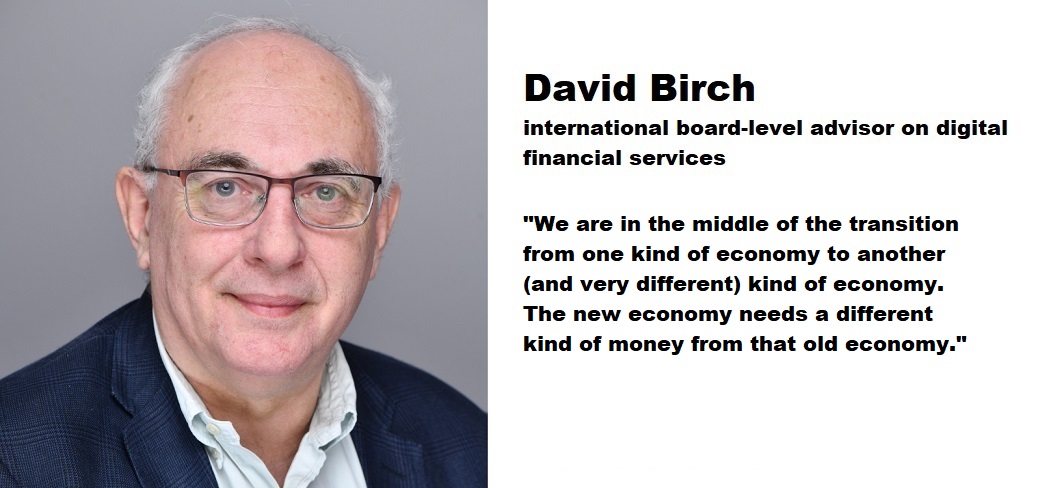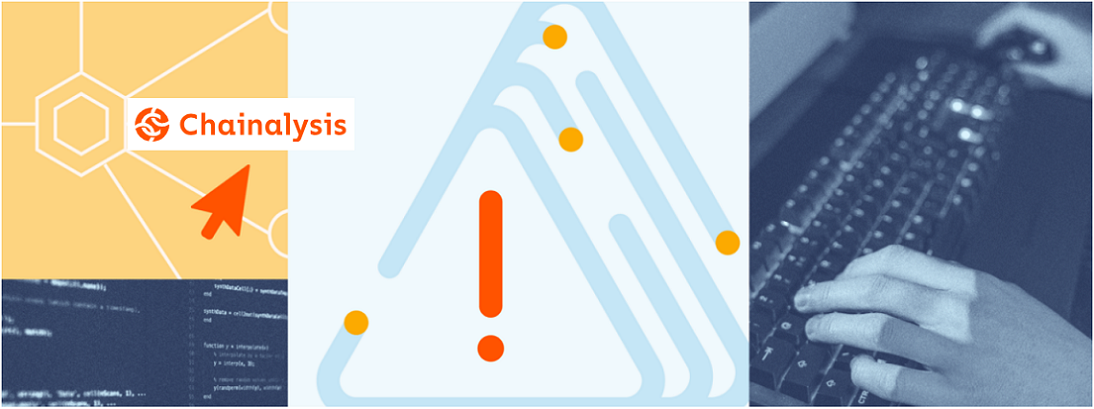EPC survey confirms the SEPA Direct Debit model is preferred by almost 75% of users
 October 10, 2011 – The EPC conducted a survey to identify mandate checking obligations of existing national direct debit schemes in SEPA. The findings demonstrate that more than 73 percent of all direct debit payments in the EU are executed on the accounts of consumers who, today, do not request such mandate checks.
October 10, 2011 – The EPC conducted a survey to identify mandate checking obligations of existing national direct debit schemes in SEPA. The findings demonstrate that more than 73 percent of all direct debit payments in the EU are executed on the accounts of consumers who, today, do not request such mandate checks.
The average number of direct debit payments per consumer/year is 68 in countries with a direct debit model not supporting these checks. In countries with more complex direct debit scheme models, this average is around 23.
 The findings are in line with the experience of bank customers; namely, that millions of direct debits are securely and correctly collected in Europe every day – without checks required to be performed by law. Answers were received from 23 banking communities, related to 25 schemes (two countries operate more than one direct debit scheme) representing 99,9 % of the total market volume of direct debits in the EU.
The findings are in line with the experience of bank customers; namely, that millions of direct debits are securely and correctly collected in Europe every day – without checks required to be performed by law. Answers were received from 23 banking communities, related to 25 schemes (two countries operate more than one direct debit scheme) representing 99,9 % of the total market volume of direct debits in the EU.
In December 2010, the European Commission tabled a proposal for a Regulation establishing technical requirements for credit transfers and direct debits in euros (the Commission proposal). This proposal is commonly referred to as the Single Euro Payments Area (SEPA) Regulation. The Commission proposal intends to make it mandatory for payment service providers (PSPs) to offer such mandate checking features which are optional in the SEPA Core Direct Debit Scheme (SDD Core) developed by the European Payments Council (EPC) in close dialogue with the customer community. A mandate is signed by the payer to authorise the biller to collect a payment and to instruct the payer’s bank to pay those collections. At this point it seems likely that the European Union (EU) legislators, i.e. the European Parliament and the European Council representing EU Member States, will effectively support the Commission proposal in this regard. This proposal states that:
- Payers may instruct their PSP to limit a direct debit collection to a certain amount or periodicity, or both.
- Payers may request their PSP, where the agreement between the payer and the payee excludes the right to a refund, to verify each direct debit transaction and to check whether the amount of the submitted direct debit transaction is equal to the amount agreed in the mandate, before debiting their account, based on the mandate-related information.
- Payers may instruct their PSP to block any direct debits to the payer’s account or to block any direct debits coming from one or more specified payees and to authorise direct debits only coming from one or more specified payees.
To clarify: the SDD Core Scheme allows for all of these, and more, mandate checking options enabling PSPs to tailor direct debit services in response to market demand. The scheme does not, however, oblige a PSP to offer these checks.
The EPC would like to invite the EU legislator to take into account proven preferences of the majority of direct debit users. As such, the forthcoming SEPA Regulation should refrain from making mandatory mandate checks which are optional in the SDD Core Scheme. Instead, mandate checking options should be agreed between PSPs and their customers.
Dariusz Mazurkiewicz – CEO at BLIK Polish Payment Standard
Banking 4.0 – „how was the experience for you”
„To be honest I think that Sinaia, your conference, is much better then Davos.”
Many more interesting quotes in the video below:










